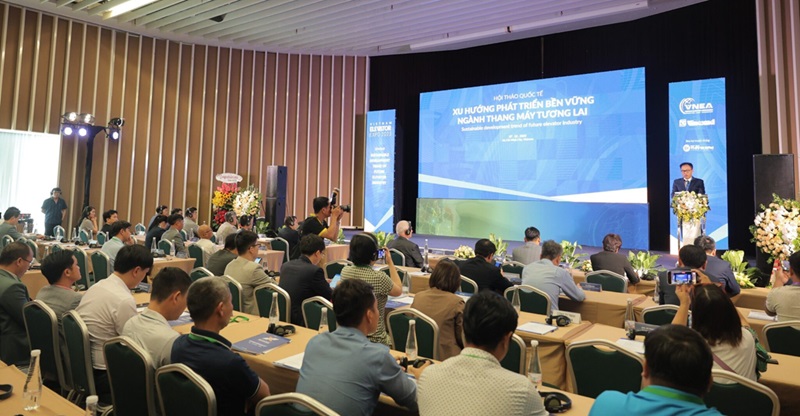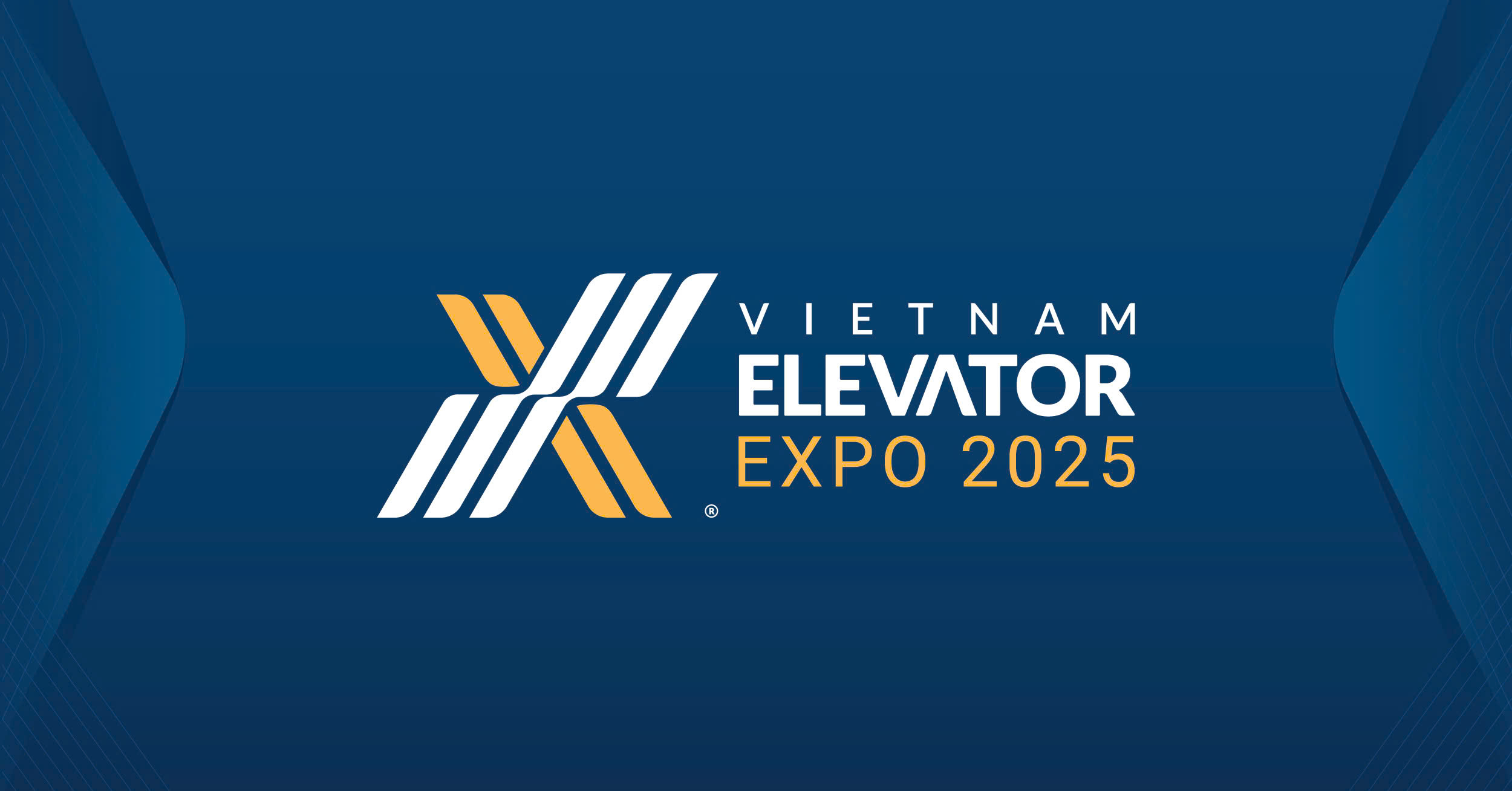EM – In fact, the number of accidents related to elevators directly suffered by workers or users is not small. It’s time we reconsider putting the elevator industry in the list of conditional businesses.
What is conditional business?
According to the provisions of Article 7 of the Law on Investment 2020, conditional business lines are lines of business in which the performance of business investment activities in that industry or trade must satisfy conditions for reasons of national security and defense, national security, order, safety, social morality, health of the community.
Conditional business is understood when business entities in these lines need to meet certain conditions to be allowed to do business or provide services and goods to the market. These are capital conditions, practice certificates, sub-licenses, and operating conditions.
So far, Vietnam currently has 227 conditional business lines. In which, the list of investment and business lines with conditions for practicing certificates such as: Construction supervision; Construction survey; transportation design services, …
The occupations with the above conditions for practicing certificates have many similarities with the elevator industry. However, although it is specified in the group of products and goods that are likely to cause unsafety (Group 2, managed by the Ministry of Industry and Trade), but elevators are still outside the list of conditional industries and occupations, we cannot have a standardized workforce. At that time, the problem of completely solving the unsafe problems during the installation, maintenance or use of the elevator will still not be solved!
What do the experts say?
At the seminar “Development orientation Vietnam elevator industry in the context of globalization” that the Vietnam Elevator Association recently organized within the framework of Vietnam Elevator Expo 2022, Dr. Ha Tat Thang, Director of the Department of Occupational Safety, The Ministry of Labour, Invalids and Social Affairs stated:
“We need to propose to Ministries, branches and the National Assembly Standing Committee to consider putting elevator production, business, and maintenance on the list of conditional business lines. It is necessary to refer to the experience of developed countries.”
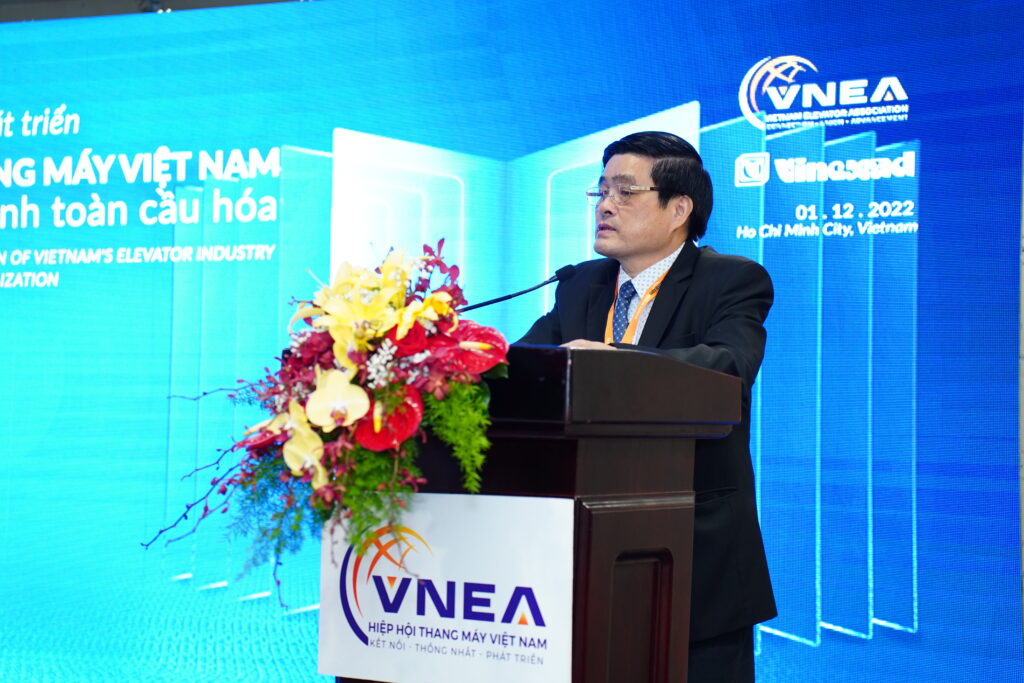
Dr. Ha Tat Thang: Practically in Vietnam, occupations that affect people’s security and safety need to provide conditions for strict management.
Talking to the reporter of Elevator Magazine, Dr. Nguyen Chi Truong, Director of the Department of Vocational Skills, General Department of Vocational Education, Ministry of Labor, Invalids and Social Affairs shared:
“According to the law, jobs that directly affect employees, occupational safety of workers and surrounding communities must have a national vocational certificate to affirm that they are professional, have the expertise to ensure that they are ready to participate in the safe production, maintenance, repair, and installation process. This is a problem we have not been able to solve because maintenance, repair works… for the elevator industry have not been standardized.”
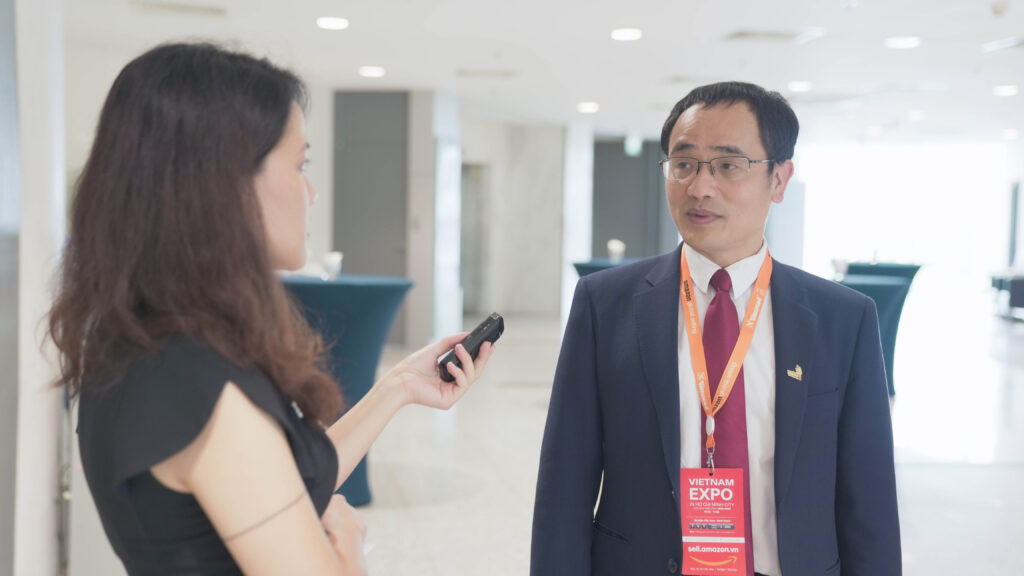
Dr. Nguyen Chi Truong: If we have not developed national occupational skills standards, we cannot standardize them.
According to Dr. Nguyen Chi Truong, Decree 31/2015/ND-CP of the Government has detailed the implementation of a number of articles of the Employment Law, jobs that directly affect the safety and health of workers or communities that require workers to have a national vocational skill certificate, but the elevator industry is not under this regulation.
Professor, Dr. Pham Xuan Khanh, Chairman of the Council of Hanoi High-Tech Vocational College (HHT) also stated the current situation of the elevator industry:
“We have just recruited graduates in electrical, electronic, mechanical, control…fields but we have not been licensed for training in elevators, so we do not have any. There have been many reports in the press about elevators falling due to lack of maintenance or out of date… These are challenging issues that we are currently facing.”
Also according to Dr. Khanh, currently the human resource of the elevator industry is at one’s own discretion . For businesses with potential, enough attention to the quality of products, services and safety for both employees and customers, they are interested in training coordination. There are still a lot of businesses that use human resources in the style of “live from day to day”. There is only one mandatory regulation that human resources must have a certificate, then the training system will be granted an industry code, and workers in the industry will receive basic training and be tested according to standards.
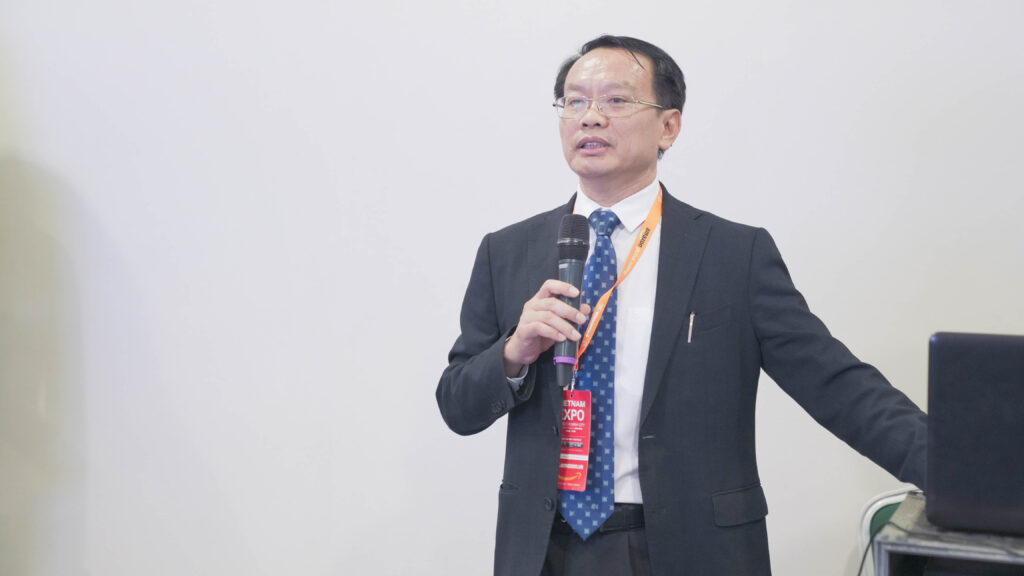
Dr. Pham Xuan Khanh: Enterprises should only use trained workers.
Mr. Masaki Horaguchi from Japan Elevator Service Company (JES) had a very frank opinion when asked about this issue:
“The Vietnamese elevator market is growing, but I see the regulations are not being implemented. In Vietnam, any technician can maintain elevators without a certificate, without belonging to any elevator company and without a background check. Anyone who wants to do it can do it. This is good for the free market but I don’t think it will work out well for the customers who use the elevators.”
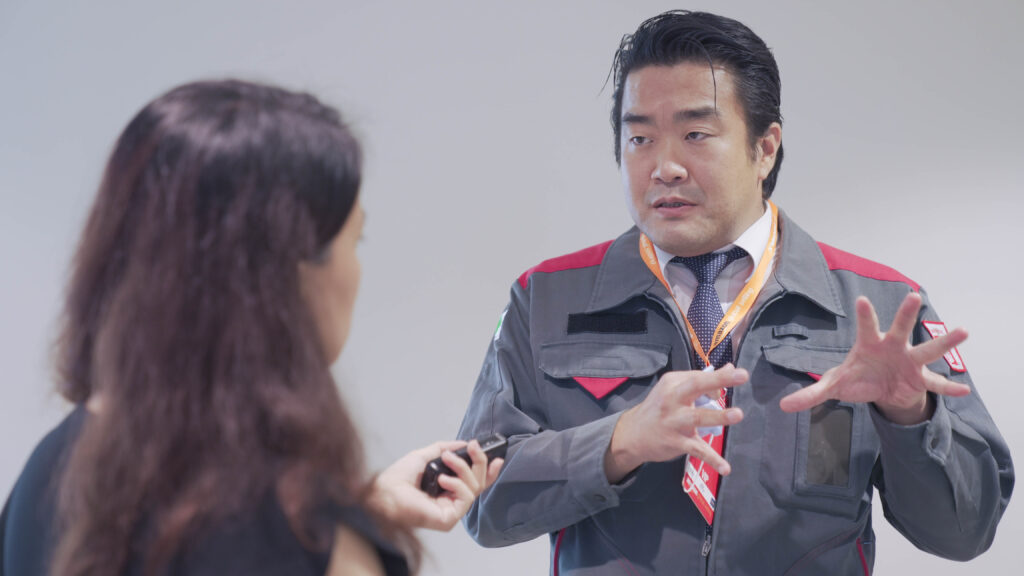
Mr. Masaki Horaguchi – JES: In the long run, this is a very risky thing when the government does not apply any regulations to the control and assessment of human resources in the elevator industry.
The above opinions and reality also show that, if putting elevators in the list of conditional business, specifically the conditions for having a practice certificate, will create a mandatory thing that businesses must do: standardization of labor! It is from this core factor that human resources in the elevator industry will have their qualifications and professional ethics upgraded, supervised, and minimize labor accidents and accidents during use.
In the current context, when we do not have regulations on working conditions for the elevator and escalator industry to have a practicing certificate, the situation of mixed sand – gold is still common in many businesses. From the perspective of workers, it creates inequality when employment opportunities and income benefits do not differ. From a business perspective, genuine and decent businesses will be influenced by businesses that do business with low qualifications, using seasonal workers with low qualifications and morals. Consumers will be disadvantaged when they do not know how to choose good services, monitor the technician’s capacity based on?
Besides, when the labor force cannot be standardized, inequality in qualifications, capacity, awareness, etc. will be difficult to create high productivity in the industry and bring the elevator and escalator industry to sustainable development.
References from developed countries
In countries around the world where the elevator industry is developed, in addition to applying strict technical regulations and standards, the training, licensing and supervision of human resources in the industry is also very important. In many places, the elevator industry is considered a conditional business. Training, testing and certification are considered mandatory elements to participate in the elevator industry.
In Japan, elevator inspectors must be licensed under The Building Standard Law of Japan (BSLJ). The training will be conducted by the Japan Construction Equipment and Elevator Center. After completing the training course and passing the test, the trainees are issued with an elevator inspection certificate.
In Korea, although the elevator industry does not have much attraction for local workers, the requirements to undergo training, testing and certification to work in the elevator and escalator industry are mandatory. Korea also has many training institutions for elevator engineering at university and college level such as Kunjang, Dongwon, Kimpo, etc.
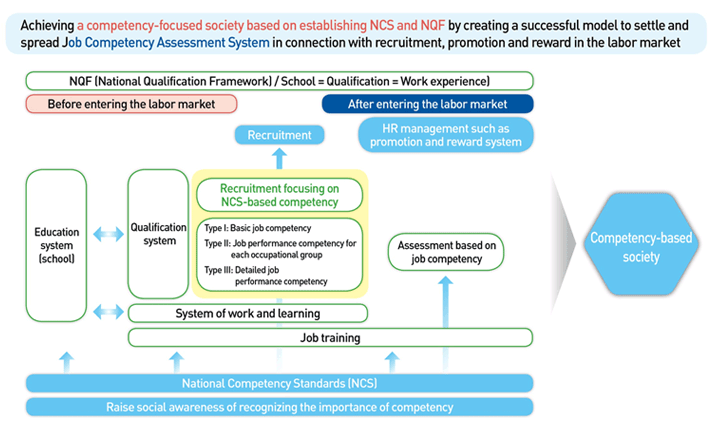
National Competency Standards in Korea (NCS)
In the UK, the National Vocational Training Program was changed to the Qualifications Framework, in which the Elevator and Escalator Industry Association (LEIA) is the unit that is allowed to assess and issue certificates at 4 levels for elevator technicians: Install and operate elevators and escalators; technical maintenance; check elevator and escalator equipment; Level 4 is the highest level for inspectors and auditors. Students will be certified by the Engineering and Manufacturing Specialist Award (EAL).
Poland, this Eastern European country allows the Polish Association of Lift Manufacturers (PALM) to train and teach in elevator engineering. Students are required to undergo 210 hours of theoretical and practical training before being granted a practicing certificate to be able to apply for a job…
Ha My
